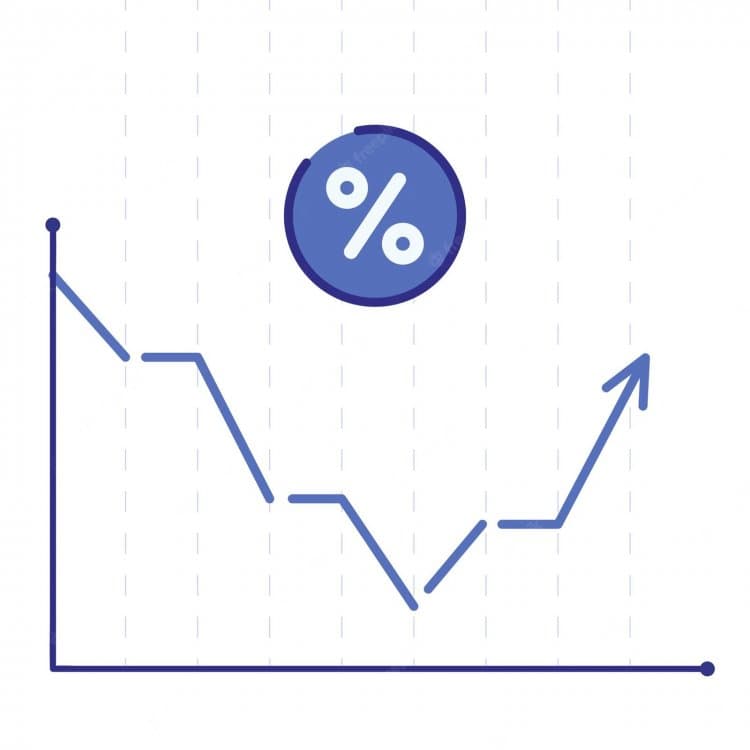
Can GCC fight Inflation by increasing the Rate of Interest following US Federal Reserve hike?
The Thunder of Inflation So Far
During Inflation, the Gulf Cooperation Council (GCC) reacts like evaporating water molecules to the US Federal Policy. Except that this ‘condensation’ of Inflation due to the thunder of the Ukraine-Russia Crisis and Chinese slowdown may not be as acute as grave signs of the Climate Crisis brought by those water molecules. Last month, the International Monetary Fund (IMF) warned of a ‘global cost of living crisis as the world economy continues to be affected by the historical record of Global Inflation. Gulf currencies are being pegged to dollars; the reserve’s policy tends to amend the policies of GCC.
In this tussle for price stability by the Federal Reserve, the price of imports and food costs have massively increased globally. Surging oil and gas prices have also stoked the already rising inflation. The World Bank has predicted the impact of higher energy prices and shrinking consumer spending to continue hitting US stocks, plunging markets, disturbing Global trade, and raising food and energy prices at “historically high levels” until 2024.
Saudi Arabia and the United Arab Emirates, the gulf's two largest economies, have increased rates by 75 basis points. The Saudi central bank, also known as SAMA, lifted its repo and reverse repo rates to 4.5% and 4%, respectively. Qatar, which is hosting the World Cup, increased rates by between 50 and 75 basis points whereas Bahrain raised its main rate by 75 basis points.
Impacts of hike in oil prices
Though the impact of higher interest rates among Gulf oil exporters has so far been limited, oil prices are likely to rise. Hiking oil prices can lead to fiscal surpluses and growing foreign reserves for Gulf economies, reducing the need for gulf governments to crowd out the private sector and borrow from other sources. Even though the Central Bank of UAE has decided to maintain the rate applicable to borrowing short-term liquidity from the bank through all standing credit facilities at 50 basis points above the Base Rate, rising interest rates may impact long-term consumer spending.
The base rate is anchored to the Federal Reserve’s interest on reserve balances (IORB). It signals the general stance of the UAE Central Bank's monetary policy and provides an effective interest rate floor for overnight money market rates.
Can Inflation be fought by hiking interest rates?
Currently, the Inflation in UAE is relatively low compared to other parts of the world. The CPI reading has increased by 3.4 percent during the first quarter of 2022, compared with 0.6 percent and 2.3 percent in the third and fourth quarters of 2021, respectively.
However, Inflation in the Emirates is projected to reach 5.6 percent in 2022, according to the UAE Central Bank, awaiting a hike in Bank’s interest rates. Therefore, these evaporating molecules in thunder may be condensed but are likely to bring changes in Import and Export agreements, instability in the petrodollar, and predictable high inflation rates.
For any enquiries or information, contact ask@tlr.ae or call us on +971 52 644 3004